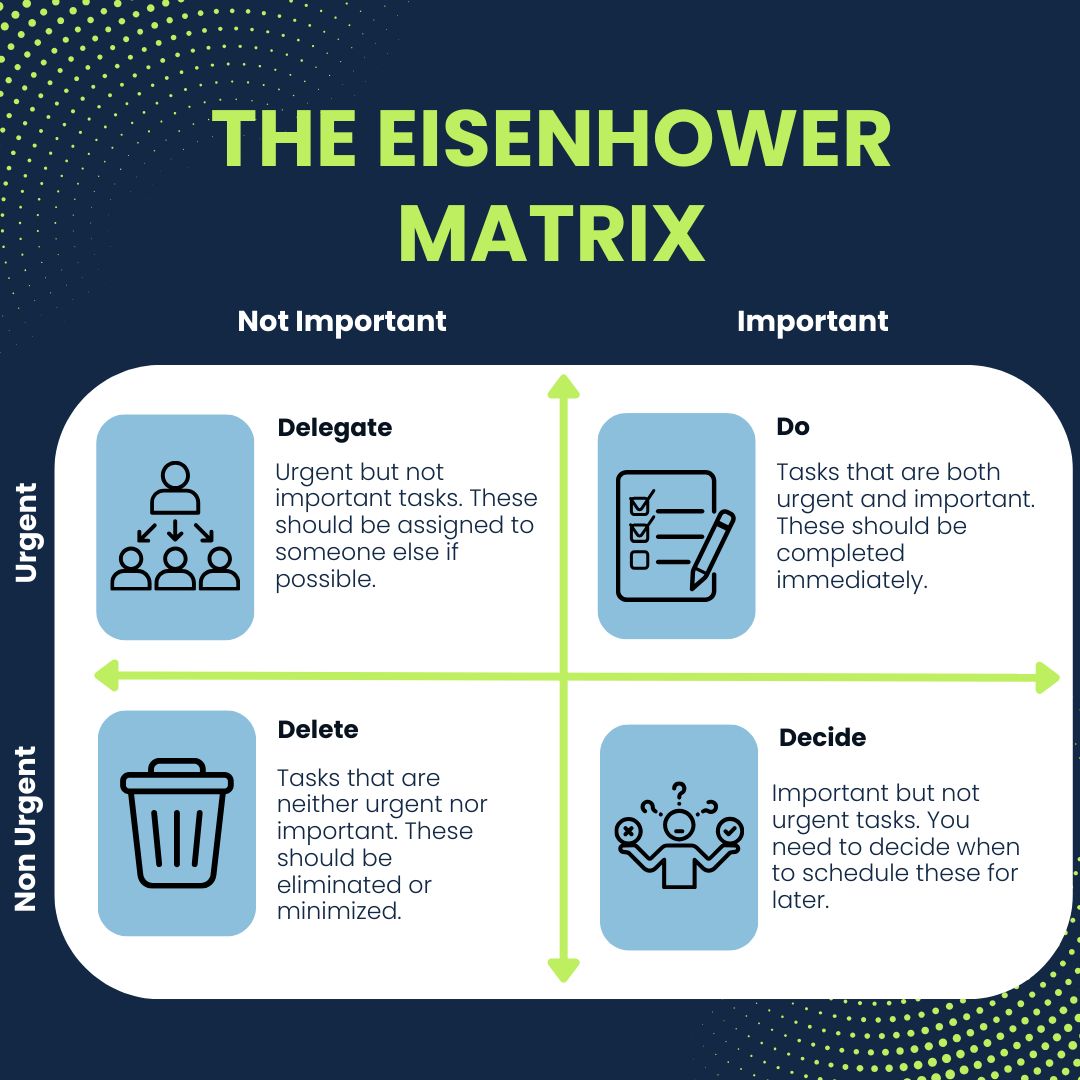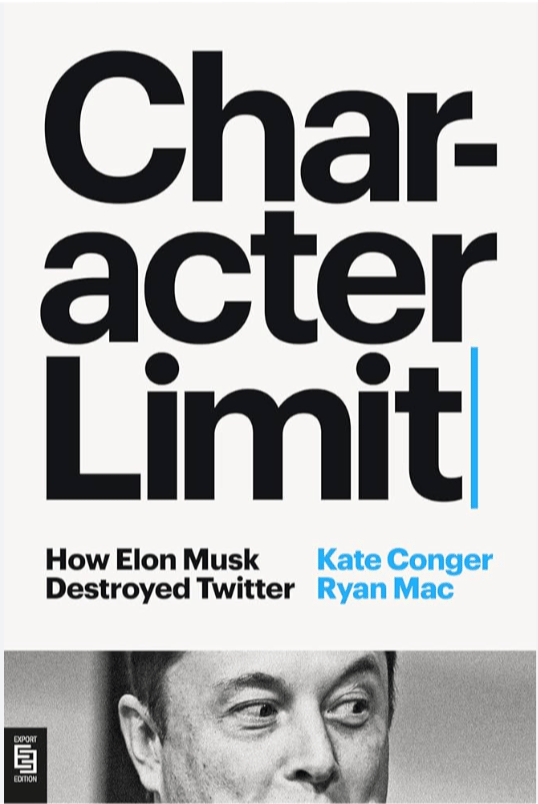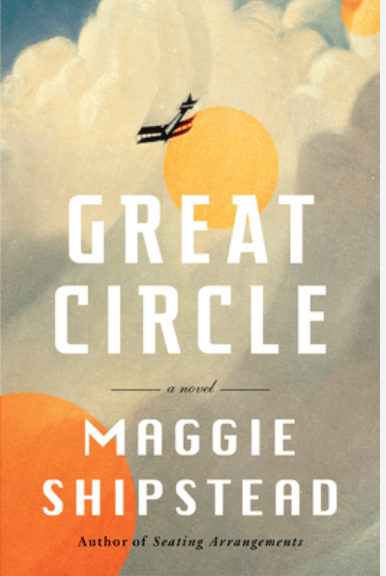- It's An Inside Job
- Posts
- Sustaining Performance as the Year Winds Down
Sustaining Performance as the Year Winds Down
As you head into the intensity of the last quarter of 2024, the question is how to stay energized and balanced in the face of your intense year-end demands.
When we take clients through our Energy Audit – an assessment of how well you’re managing your energy physically, emotionally, mentally, and spiritually – the lowest scores we see are most often in the mental category, and they’re around focus and prioritization.
The most durable shift I’ve made in the mental category is that I always try to do the most important thing first when I get to my desk in the morning. I work for 90 minutes, fully focused with no devices or distractions, and then I take a break.
The reason I go 90 minutes is that I’m following the natural rhythms of my body. Ninety minutes, the research suggests, is the longest we can reliably focus in a fully absorbed way without a break. It’s called our Ultradian Rhythm.
My own ritual begins at the end of the previous working day when I take a few moments to identify the most important work I could get done the next day. When I say “important,” I’m referring to something that isn’t just transactional but will generate the most longer-term value.
This “Eisenhower” matrix was widely popularized by Stephen Covey in The Seven Habits of Highly Effective People. Here is what it looks like:

I choose the first thing I do each day from either the upper right or the lower right quadrant – urgent and important, or important but not urgent. Urgent and important should be a no-brainer as our default first choice. The problem is that we often confuse urgent with important.
Here's the most common example of something that feels urgent but may not be important: your email. Think about it: you wake up, make yourself a cup of coffee, and you feel compelled to check your emails – which you justify by telling yourself that something critical may have come in overnight. Here’s what I’ve learned in my own life: emails that come in overnight are rarely so urgent that they need to be read, much less answered immediately when you wake up.
As soon as you start answering emails and texts, you’ve effectively turned over control of your agenda to someone else. You’re no longer doing what you previously decided was the most important work you could be doing.
I’m happiest and most productive when I can begin my day with work from the lower right quadrant – important but not urgent. These are typically the challenges that require more absorbed focus and effort, and take longer to complete. They’re also the ones we tend to put off.
I use my early morning time most often for writing projects because writing is perhaps the most demanding aspect of the work I do. I’ve long since learned that the longer I wait to get to writing on any given day, the less likely I am to get it done.
If you do struggle at all with prioritizing your most important work, I invite you to experiment with whatever form of this ritual works for you – even if you start by setting aside 30 minutes, or 60 minutes rather than 90.
I’d love to hear from you about how it goes – [email protected]
For me, it’s been life-changing.
Inner Work, Outer Results: Annick D'Pierre
My journey with The Energy Project began unexpectedly. Fresh from roles at the UN and in event management, I was the quintessential overachiever. I prided myself on giving my all to every project, believing that success came from relentless effort. |  |
But this "work harder" mentality was a recipe for burnout. I remember a time when I pushed myself so hard that I ended up with three infections simultaneously. The doctor ordered a week of rest, and it was only then that I realized how disconnected I'd become from my own body and needs.
When I joined The Energy Project in 2015, I experienced our PeopleFuel program for the first time. It was eye-opening. The concept of intentional energy management, particularly by taking intermittent renewal breaks throughout the day, was revolutionary to me.
Applying these principles to my work led to a profound shift. Instead of packing my day with as many client calls as possible, I focused on fewer, high-quality interactions where I could truly be present and engaged. In my first year as VP of Business Development at The Energy Project, I nearly tripled my personal sales revenue while improving my overall well-being.
To those skeptical about the value of this work, I encourage you to launch an experiment that tests your assumption that building in renewal time will make you less productive. Why not try an approach that has been proven effective by top performers across sports, medicine, business, and health care?
Energy Experiment:
For the next two weeks, build into your calendar at least two or three scheduled breaks of at least 10 to 15 minutes during your workday.
If something comes up that gets in the way of one of your renewal breaks, choose a backup time to which you can automatically default.
Notice the impact of your renewal break on your energy levels, and assess at the end of the day whether working this way has influenced your productivity, for better or worse.
Once again, I'd be curious to hear about your experience after two weeks of practice. [email protected].
What I'm Reading and Watching
Non-fictionCharacter Limit: How Elon Musk Destroyed Twitter by Kate Conger and Ryan Mac  | FictionThe Great Circle by Maggie Shipstead  |
Until next time, remember: Who you are isn’t all you can become.
Warmly,
Tony
Follow me on LinkedIn for more insights.